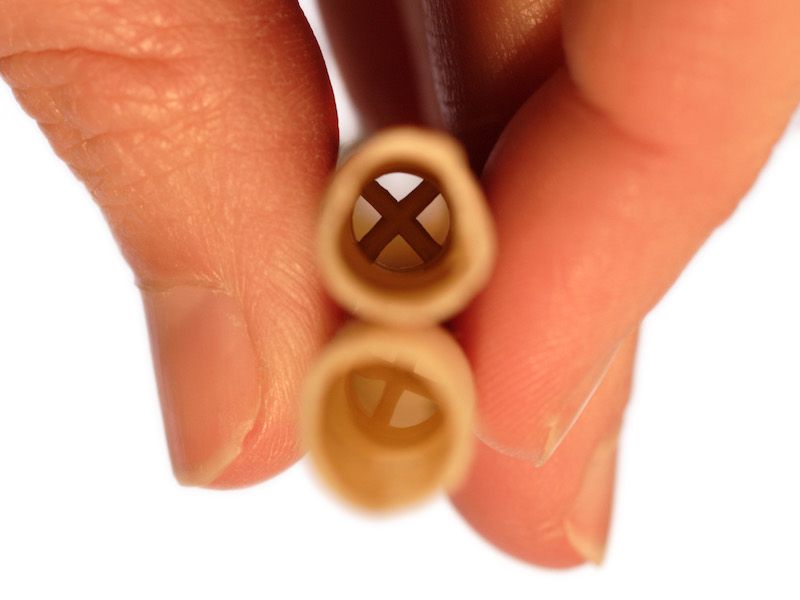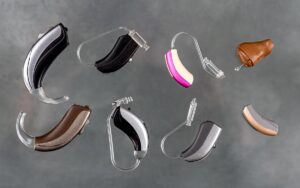In some groups, the practice called “ear candling” is persistently believed to be an effective way to reduce earwax. What is ear candling, and does it work?
Do Earwax Candles Work?
Spoiler alert: No. No, they don’t.
Why then, does this piece of pseudo-science keep burrowing its way into the heads of otherwise reasonable people? It’s hard to say with much accuracy. But even though the sensible decision is pretty obvious, understanding more about the dangers of earwax candling will help us make an informed choice.
What is Earwax Candling?
So the basic setup goes like this: Maybe you’re not certain how to eliminate all your accumulated earwax. You know you aren’t supposed to use cotton swabs (which is good, cotton swabs are not an ideal way to clean out your ears, in general). So you start looking for an alternative and stumble on this method known as earwax candling.
Here’s how earwax candling purportedly works: By jamming a candle into your ear (wick side out), you cause a pressure differential. The wax inside of your ear, then, is pulled outward, towards the freedom of the open world. Any wax that may be backed up in your ear can, theoretically, be pulled out by this amount of pressure. But this hazardous practice is not a smart way to clean your ears.
Why Doesn’t Ear Candling Work?
There are a few issues with this practice, like the fact that the physics just don’t work. There’s simply no way for a candle to generate that type of pressure differential (and in order to move earwax around, that pressure differential would need to be quite substantial indeed). Second, producing that type of pressure difference would call for some type of seal, which doesn’t occur during candling.
Now, the candles that they use in these “treatments” are supposed to be special. All of the wax that was in your ear can be located inside the hollow portion of the candle which can be broken up when you’re finished with your 15 minutes of ear candling. The only issue is that the same debris shows up in both burned and unburned candles. So this “proof” is actually nonsense.
Earwax candling has never been proven scientifically to have any benefit at all.
So Earwax Candling Doesn’t Work, But is it Safe?
What’s the harm in giving it a shot, right? Well, you’re looking for trouble whenever you get a hot candle around your ears. Look, it’s very possible that you might try ear candling and walk away completely unscathed. People do it regularly. But that doesn’t mean there aren’t hazards involved, and it definitely doesn’t mean that ear candling is safe.
Here are a few negative effects of ear candling:
- Once the wax cools down it can block up your ear canal. You could end up temporarily losing your hearing or even needing surgery in serious cases.
- Severe burns to your inner ear. When melted candle wax gets inside your ear, it can lead to extreme hearing issues and burns. In the most extreme cases, this might permanently jeopardize your hearing.
- Any time you’re mucking about with an open flame, there’s a potential that you may trigger serious harm and put your life in danger. You wouldn’t want to burn down your house, would you? Clearing away a bit of earwax isn’t worth that amount of risk and danger.
You Can Keep Your Ears Clean Without Needing a Candle
Most people will never actually need to be concerned about cleaning earwax from their ears. That’s because your ears are actually pretty good about cleaning themselves! However, there are some people who will have unusually heavy earwax production or accumulation to deal with.
If it happens that you have excessive earwax there are practices that have been proven to work safely. You could try a fluid wash, for example. Or you could see a specialist who will be capable of using specialized tools to get extra wax or wax blockages out of the way.
You should continue to stay away from cotton swabs. And open flames are not good either. Earwax candling is a technique that has no advantage and will put your ears, and your whole person, at substantial risk of injury and damage. Try burning candles for their sent or for enjoyment but never as a means to clean your ears.





